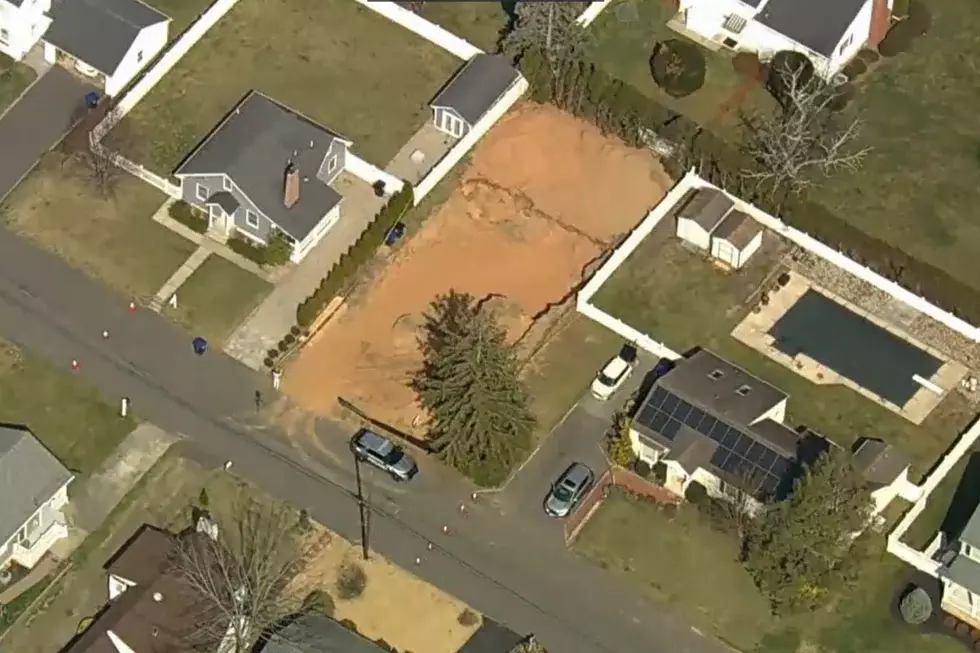
NJ expands program to get hospitals to prescribe fewer opioids for patients
As the opioid epidemic continues, Gov. Phil Murphy's administration has announced the expansion of its Opioid Reduction Option Program. It aims to reduce the amount of opioids provided to patients in emergency rooms and prescribed when they're discharged.
Valerie Mielke, Human Services assistant commissioner for the Division of Mental Health and Addiction Services said that according to the CDC, 38 people died everyday nationwide in 2019 due to an overdose from prescription opioids. That's 14,000 deaths. In 2016, the American Society of Addiction Medicines found 4 in 5 new heroin users started out by misusing prescription painkillers.
She said the state Department of Human Services will be awarding $1.13 million in grants to 12 health care facilities to take part in this initiative. In 2019, the DHS awarded 11 state hospitals a total of $1.79 million.
Mielke said training will be available to these hospitals so they can develop policies and procedures and providing them with information on how they can effectively manage patients' pain without having to use opioids.
There are many strategies that are evidence-based to manage pain without the use of addictive opioids, she said. There are other prescriptions and medications that can be used that are non-opioid based to mitigate pain, as well as nerve blockers.
"We just want to help to strengthen emergency departments' ability to implement those clinical protocols and using those evidence-based practices and reducing the frequency that opioids are prescribed to manage pain," said Mielke.
The hospitals will identify where they can make improvements and develop a plan that is individualized to its emergency room's operations and the clientele that they serve, she said.
The training will provide information about clinical protocols and information and help hospitals develop policies on how those protocols will be implemented in the emergency room.
Mielke said if the hospital finds a patient that they're serving may have an addiction, they will be able to refer the patient to community resources, services and treatment available. Hospitals will also be taught how to develop and implement strategies and run the effective use of medicine to treat an opioid addiction, otherwise known as medication assistant treatment or MAT.
With hospitals involved in this expanded program, she said there is an opportunity where there is a first line defense at preventing addiction, while effectively treating the patient that's before them.
"I think it's really important that hospitals recognize and have the knowledge and the skills to identify when a person really does need an opioid to manage pain and those instances when pain can be effectively managed without the use of opioids," said Mielke.
National studies show 17% of emergency room patients are discharged with a prescription for highly addictive opiates and prescription medicines are responsible for the majority of new opioid addictions.
Average SAT scores for every NJ high school
More From New Jersey 101.5 FM









